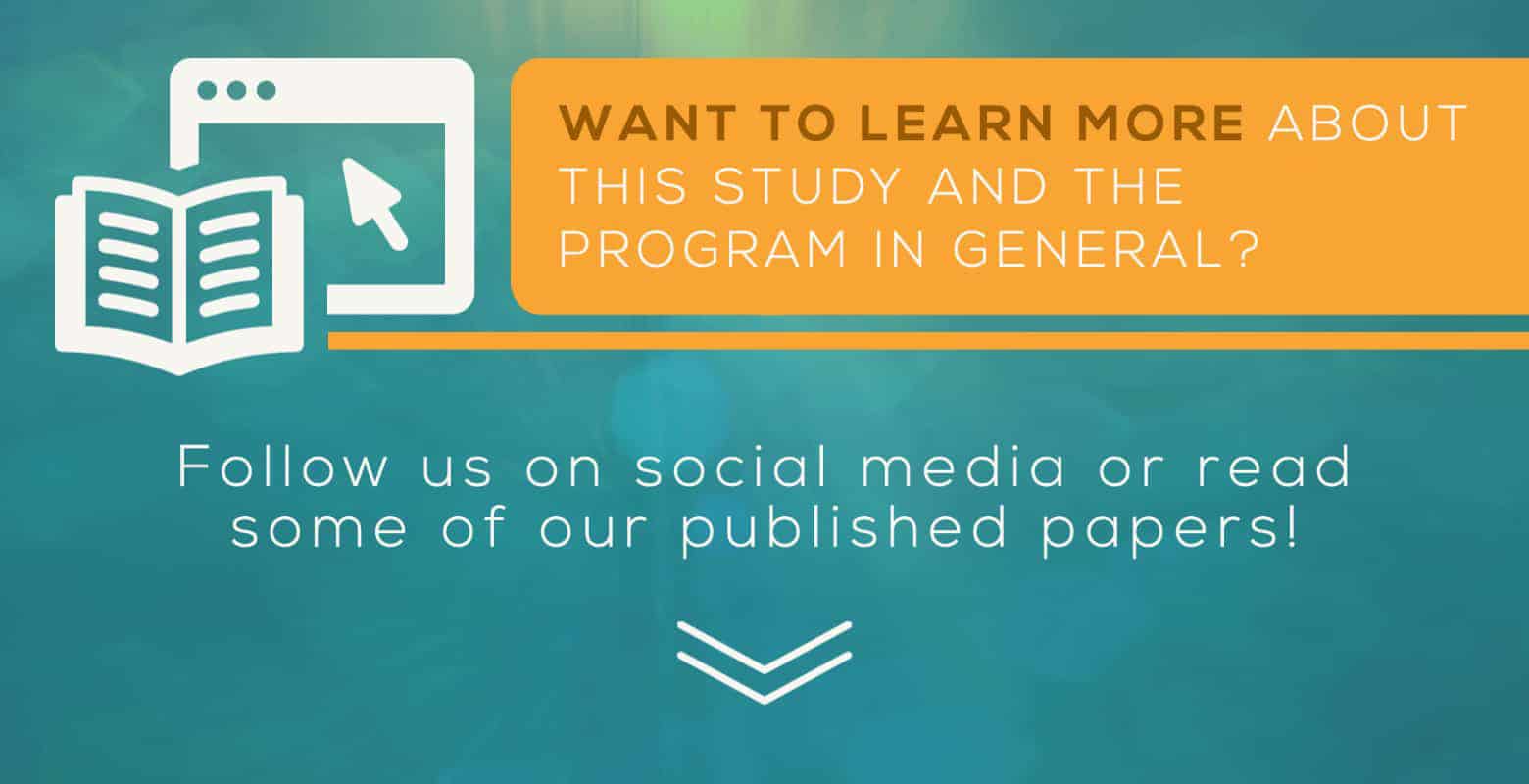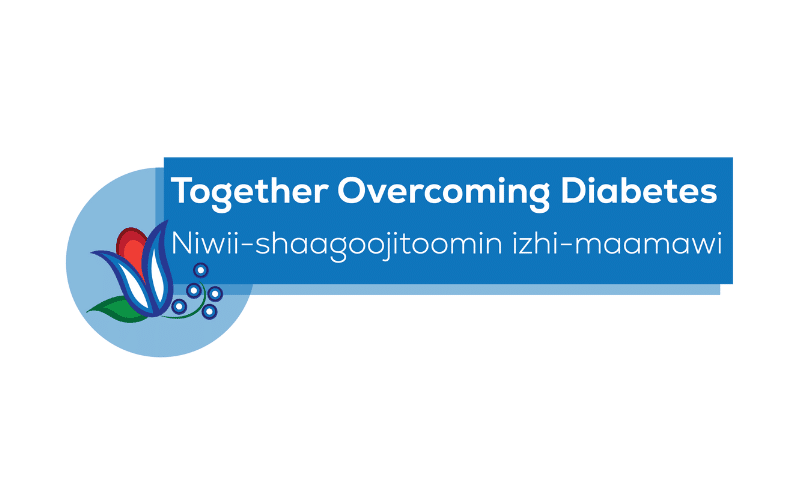About
The Together Overcoming Diabetes (TOD) study was conducted from 2021 to 2025. This study was funded by the National Institutes of Diabetes and Digestive and Kidney Diseases (DK091250) and was a collaborative effort between five Ojibwe communities across Minnesota, Wisconsin, and Johns Hopkins University, Center for Indigenous Health, Great Lakes Hub (Duluth, MN).
Participants were adult/youth family dyads consisting of Ojibwe adults diagnosed with type 2 diabetes who were caregivers for a youth aged 10-16.
Community-based Independent Evaluators (IEs) collected health and survey data with participants and Family Health Coaches (FHCs) delivered the intervention lessons to participating families.
The goal of this family-based design was to a) intervene on diabetes complications for adults and b) prevent diabetes in the next generation.

CLICK HERE to read articles related to our type 2 diabetes studies

